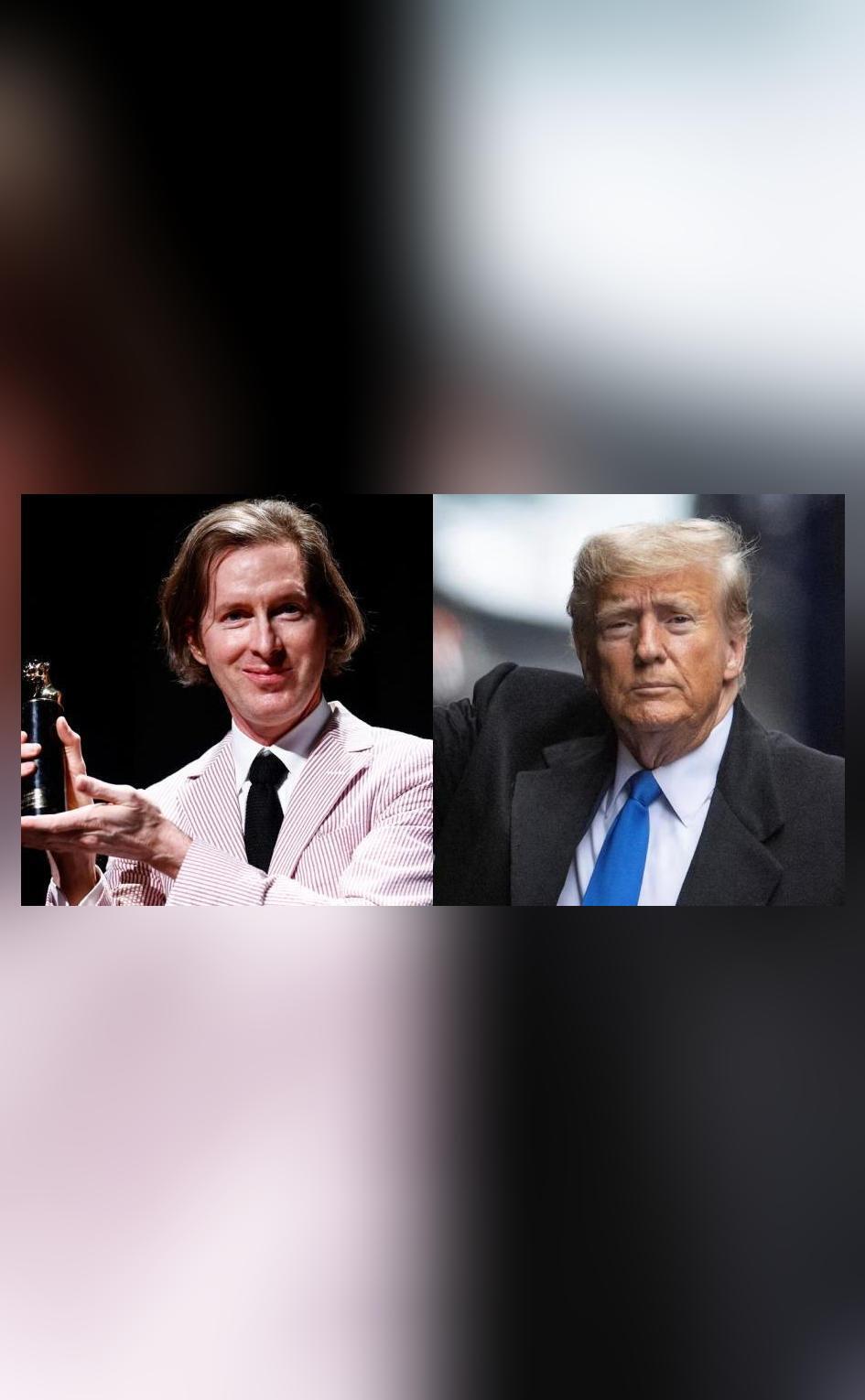
Can you hold movie at customs: US director on Trump’s film tariffs
In a recent interview at the Cannes Film Festival, American filmmaker Wes Anderson couldn’t help but poke fun at President Donald Trump’s proposed move to impose a 100% tariff on films produced outside the US. The director, known for his quirky and offbeat style, questioned the logistical feasibility of such a move, saying, “Can you hold up the movie in customs? It doesn’t ship that way.”
Anderson’s comments come in the wake of Trump’s announcement in April 2019 that he intended to impose a 25% tariff on imported video game consoles and a 10% tariff on imported TVs, among other electronic goods. The move was aimed at addressing the perceived imbalance in international trade, but it has been met with widespread criticism from the entertainment industry and beyond.
Anderson, who was promoting his latest film, “The French Dispatch”, at the festival, was asked about the potential impact of Trump’s tariffs on the film industry. “It’s a weird thing, because you can’t actually hold up a movie at customs,” he said, chuckling. “It doesn’t ship that way. You can’t just put a DVD in a box and say, ‘Oh, this is a French movie, I’m going to hold it up.'”
Anderson’s comments are a nod to the absurdity of Trump’s proposal, which has been widely criticized for its potential to harm the US film industry and stifle creative collaboration between filmmakers from different countries. The director himself has a history of working with international talent and crews, and his films often feature a mix of American and European actors, settings, and themes.
Notably, Anderson’s latest film, “The French Dispatch”, was partly shot in Germany, which would likely be affected by Trump’s tariffs. The film, which premiered at the Cannes Film Festival, is a love letter to the city of Paris and features a star-studded cast, including Timothée Chalamet, Benicio del Toro, and Tilda Swinton.
Anderson’s comments have sparked a wider conversation about the implications of Trump’s tariffs on the film industry, with many industry professionals speaking out against the proposed measures. The Motion Picture Association of America (MPAA) has also criticized the tariffs, saying they would harm the US film industry and stifle innovation.
In a statement, the MPAA said, “We are concerned that these tariffs will harm the US film industry and stifle innovation, creativity, and job growth. The tariffs would disproportionately affect American consumers, who would face higher prices for movies and TV shows, and would also harm American filmmakers, who would face increased costs and logistical challenges in producing and distributing their work.”
Anderson’s comments have also sparked a wider conversation about the role of film in international diplomacy and cultural exchange. As the world becomes increasingly globalized, the film industry has become a key platform for cultural exchange and understanding.
In an era of rising nationalism and protectionism, the film industry has the power to transcend borders and bring people together through shared stories and experiences. By promoting cultural exchange and collaboration, filmmakers like Anderson can help to break down barriers and foster greater understanding between nations.
In conclusion, Wes Anderson’s comments on Trump’s film tariffs serve as a powerful reminder of the absurdity and potential harm of such proposals. As the film industry continues to evolve and grow, it is more important than ever that we prioritize cultural exchange, collaboration, and understanding. By working together and promoting the power of film, we can build a more compassionate and connected world.
Source:






